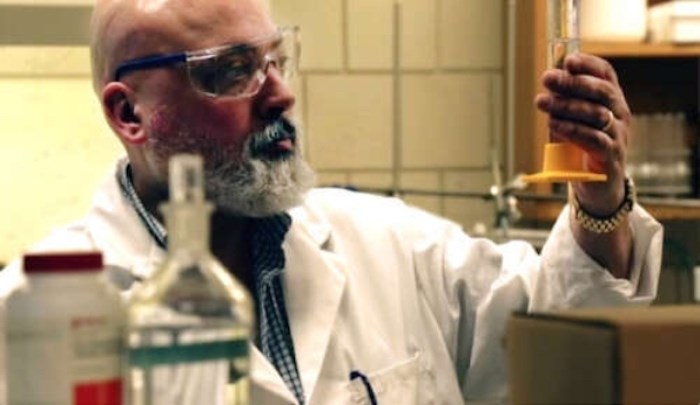The following article was provided by the University of Guelph news service.
A potential vaccine developed by University of Guelph researchers to combat one of the main causes of bacterial diarrheal illness worldwide is set to be tested on people early this year.
Human clinical trials of a novel sugar-based vaccine will take place in 2022 at the Cincinnati Children’s Hospital Medical Center. The trials will be funded by the United States National Institutes of Health.
Mario Monteiro, a professor in the College of Engineering and Physical Sciences, hopes recent refinements to the vaccine in his lab following earlier phase one trials will improve its effectiveness against the Campylobacter jejuni bacterium.
In developed nations, this bug sickens 50 in 100,000 people each year. Its incidence is at least 10 times higher in developing countries, especially in Southeast Asia. Contracted mostly through eating contaminated poultry, the bacteria may cause only mild abdominal pain and diarrhea. Left untreated, severe cases may cause death.
C. jejuni infections have also been associated with the development of Guillain-Barré syndrome, an autoimmune disorder.
Vaccine targets sugars on the bacterium’s surface
The U of G vaccine is intended to prime the body’s immune system to recognize specific carbohydrates, or sugars, on the bug’s surface, prompting an immune response, said Monteiro.
That’s different from protein-based vaccines that recognize proteins on pathogen surfaces and unlike recently developed gene-based (RNA or DNA) vaccines for the COVID-19-causing virus. The latter vaccines prompt the body to make COVID-19 virus glycoproteins that are then recognized and remembered by the immune system.
Clinical trials in 2014-15 showed that the Campylobacter vaccine was safe for human use. That was the first such technology against this bacterium to reach human trials, said Monteiro. But the vaccine was less effective than expected.
Since then, his lab in U of G’s Department of Chemistry has worked with researchers at the U.S. Naval Medical Research Center on studies to boost the vaccine’s immunogenic properties.
Researcher among few in world making sugar-based vaccines
“Each bacterium makes specific sugars,” he said. “We determined that an important non-sugar immunogenic structure was not fully expressed in the polysaccharide vaccine used in the first trial.”
Explaining the painstaking and time-consuming nature of the research, he added, “Carbohydrate chemistry is more complex than protein chemistry. This journey represents well the challenges encountered in the synthesis and development of a human vaccine.”
Monteiro is one of the few researchers in the world working on sugar-based vaccines.
Another vaccine developed in his lab against the bacteria E. coli and Shigella has been highlighted by the World Health Organization as a preferred product for combatting these diarrhea-causing pathogens in the developing world.
